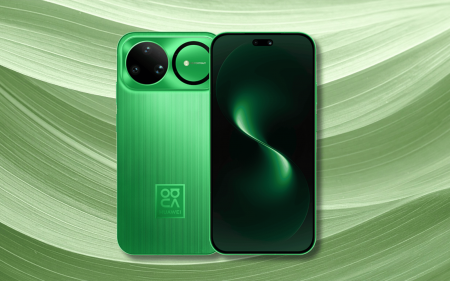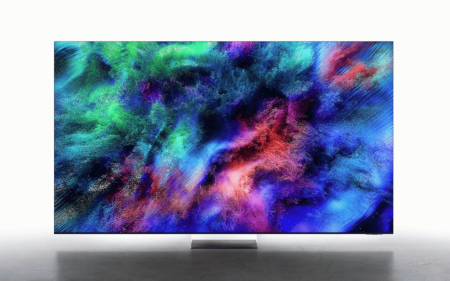The latest example of user data jumping over to an unintended purpose comes from Amazon’s Audible service. The audiobook outlet is testing a new programme with about half of its users. The purpose? More effective recommendations.
The catch? It uses information generated by those users’ Amazon Prime Video watch history to generate the new suggestions. If you’ve ever believed that your usage history is kept separate between services operated by the same company, we’d like to recommend a bridge you might like to buy.
Audible? Gasp.
The new test isn’t optional for participants. If Amazon decides you’re in, you’re in, but there’s no need to make use of the new ‘Based on what you watched recently on Prime Video’ option in the web and app version of Audible. You could just ignore it. But you probably won’t, if the company’s motivations are even vaguely accurate.
According to Amazon, specific book titles spike when related media becomes available. When Reacher debuted on Prime Video, interest in Lee Child’s Jack Reacher books took a substantial leap. The same goes for other titles that have appeared in series format on Amazon’s streaming service. If that’s the case, and since Spotify is encroaching on Audible’s audiobook supremacy, it makes sense to exploit a naturally occurring phenomenon. If you’re the head of a capitalist giant, obviously.
Speaking of capitalism heads, Andy Tsao, head of product and analytics, said “There is a natural synergy between TV, movies, and books, and we see that clearly in how our customers engage with content on Audible.” Long story short, if this test works as intended soon everyone’s Prime Video data will be used to hack their audiobook listening habits.




